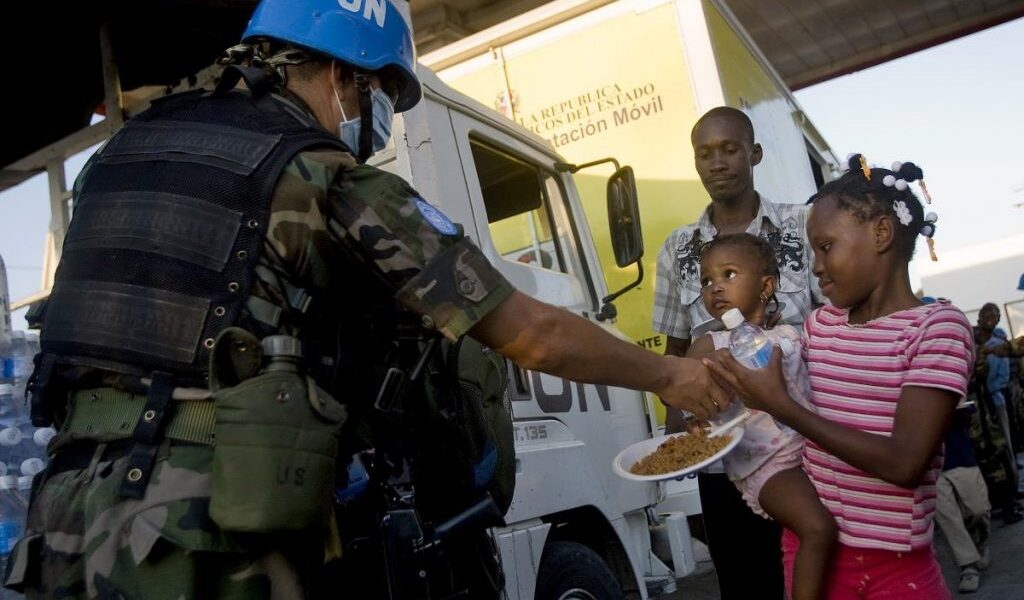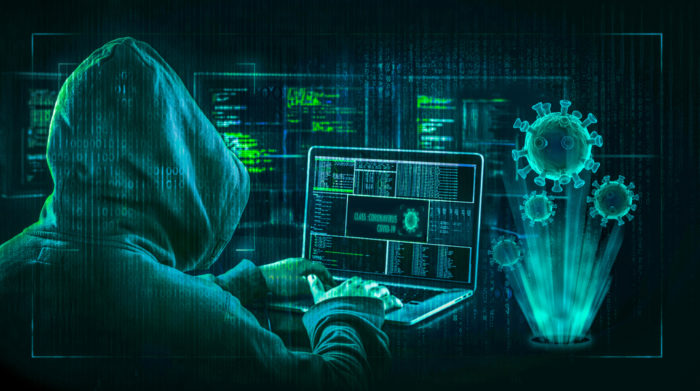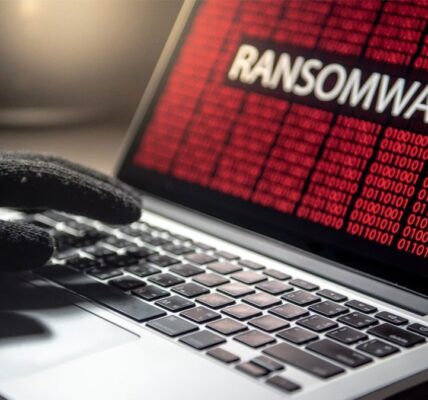The ever-evolving landscape of cyber threats is putting a new strain on UN peacekeeping missions, according to a recent report by the International Peace Institute (IPI).
The report, titled “Cybersecurity and UN Peace Operations: Evolving Risks and Opportunities,” paints a concerning picture: UN peacekeepers, particularly those deployed in Africa, are increasingly vulnerable to cyberattacks launched by sophisticated state actors.
These attacks target the vast amount of sensitive data collected by peace operations, including the identities and locations of activists, dissidents, and others. This information makes them prime targets for governments and other groups seeking to silence dissent.
The consequences of a successful cyberattack could be dire. The report warns that breaches could expose peacekeepers and civilians to violence and persecution.
Central African Republic, Mali, and Libya are highlighted as particularly vulnerable due to the already tense political situations in those regions.

Peacekeeping Faces Cyber and Information Warfare
The peacekeeping landscape is undergoing a dangerous transformation. Non-state actors like the Wagner Group, often working with national security forces, disrupt missions by hindering civilian protection, obstructing human rights investigations, and even harassing UN staff. This blatant disregard for peacebuilding creates fear and mistrust, jeopardising lives and hindering progress.
Further complicating matters is the weaponisation of information. Disinformation campaigns flood conflict zones with fabricated stories, undermining mission credibility and potentially sparking cyberattacks. Malicious actors could plant false intelligence, leading peacekeepers to take dangerous actions.
The rise of AI adds another layer of concern. Generative AI could be used to manipulate information and target individuals or entire missions. Peacekeepers themselves are also under fire, potentially vulnerable to hacks that could spread misinformation or seize control of communication systems.

From Defence to Offence
Forget sandbags and peacekeeping blue helmets – the future of conflict resolution might involve firewalls and encryption. The IPI report acknowledges the potential benefits that strong cybersecurity practices can bring to peace operations. By leveraging robust cyber defences, missions can enhance their ability to fulfil their orders.
But wielding this digital shield isn’t without its challenges. The report tackles the ethical dilemma of deterring all cyberattacks without tipping the scales in a conflict. Imagine building a fortress that blocks bad actors without accidentally blocking communication channels desperately needed for peace talks. This “information asymmetry” is a challenge – how to deter attacks without giving one side an advantage by restricting information flow.
It also tackles the grey area of UN missions navigating host state surveillance. Peacekeeping missions often operate within the boundaries of the very countries they’re trying to help. The report tackles the delicate balance of fortifying the UN’s own cybersecurity without obstructing legitimate government oversight.
The message is clear: the UN needs to level up its cybersecurity game. By embracing cutting-edge digital defences, the future of peacekeeping might not just be about protecting civilians, but also about empowering them in the digital age.




















































































































































































































